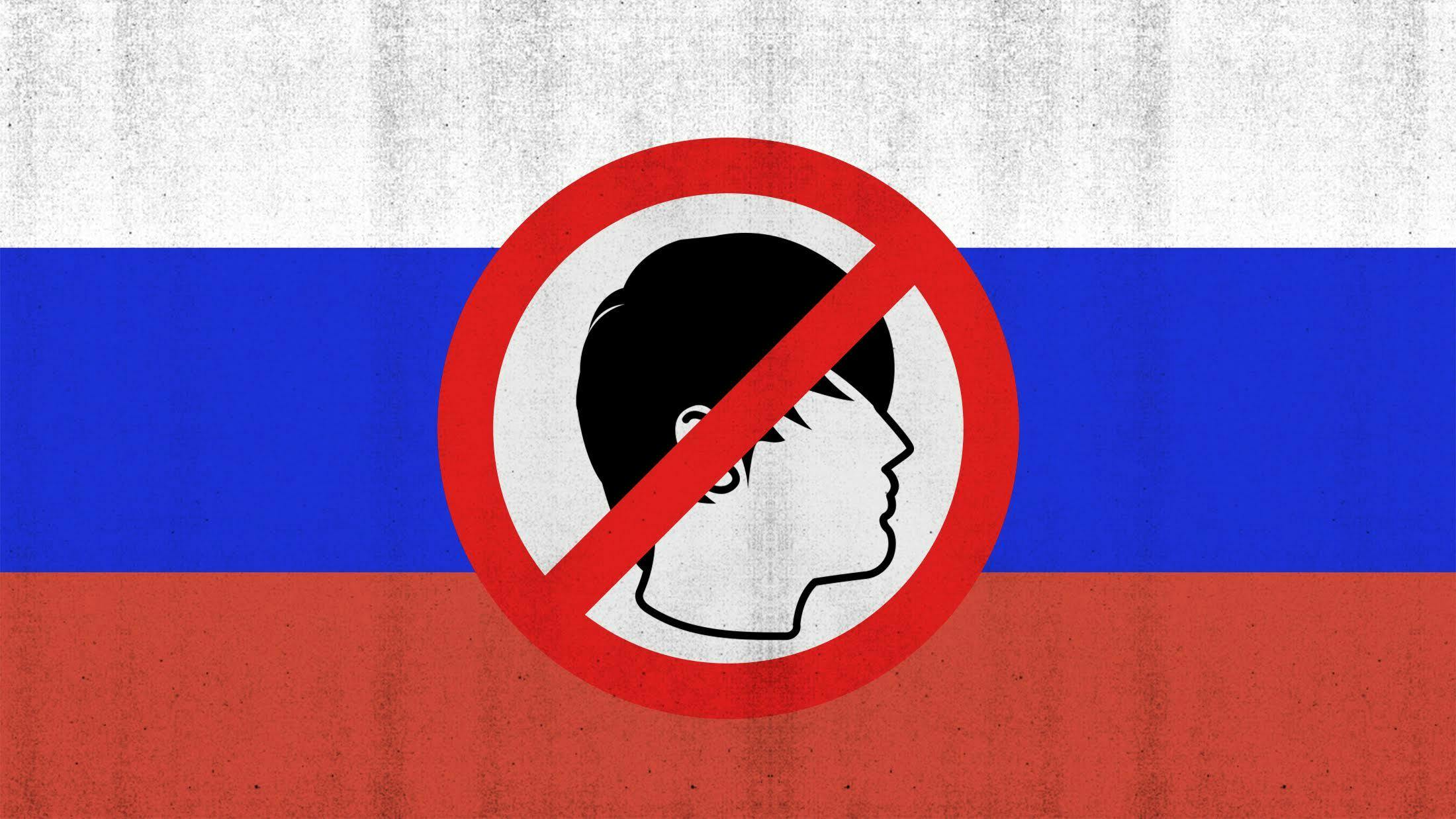Kerrang! scribe and My Chemical Romance biographer Tom Bryant, who was present at Funeral For A Friend’s first show in Moscow back in 2007, commented in a Kerrang! news story at the time, “From my experiences in Russia, the rock and emo scene out there appears to be thriving, with music fans not only eager to get their hands on the latest releases, but also fully versed with Western bands’ back catalogues. For the Russian government to feel they can put a stop to this is ridiculous. Their claims that, as reported, they view emo as dangerous and a threat to national stability are laughable.”
Just as 300 My Chemical Romance fans peacefully marched on The Daily Mail’s London offices in May 2008 to make themselves seen and heard, on July 19 young Russians demonstrated in the Siberian city of Krasnoyarsk, where the local government had fast-tracked anti-emo legislation. “How can you stop people from expressing themselves, from dressing how they like, from living a way of life that doesn’t harm anyone?” one protester asked REN TV. Others held placards that read “Why do we have to think the same?” and “Kill the state in yourself”.
So what happened next? Fortunately, the bill never passed, but anti-emo sentiment continued. And like many genres that boom and bust, the popularity of emo in Russia waned too. As 2020 approaches, the idea of Vladimir Putin growing bangs and getting misty-eyed over sticking on The Black Parade – as amusing as it is – is still an unlikely one. But hey, at least he can do it without being branded a criminal.
Words: James MacKinnon
